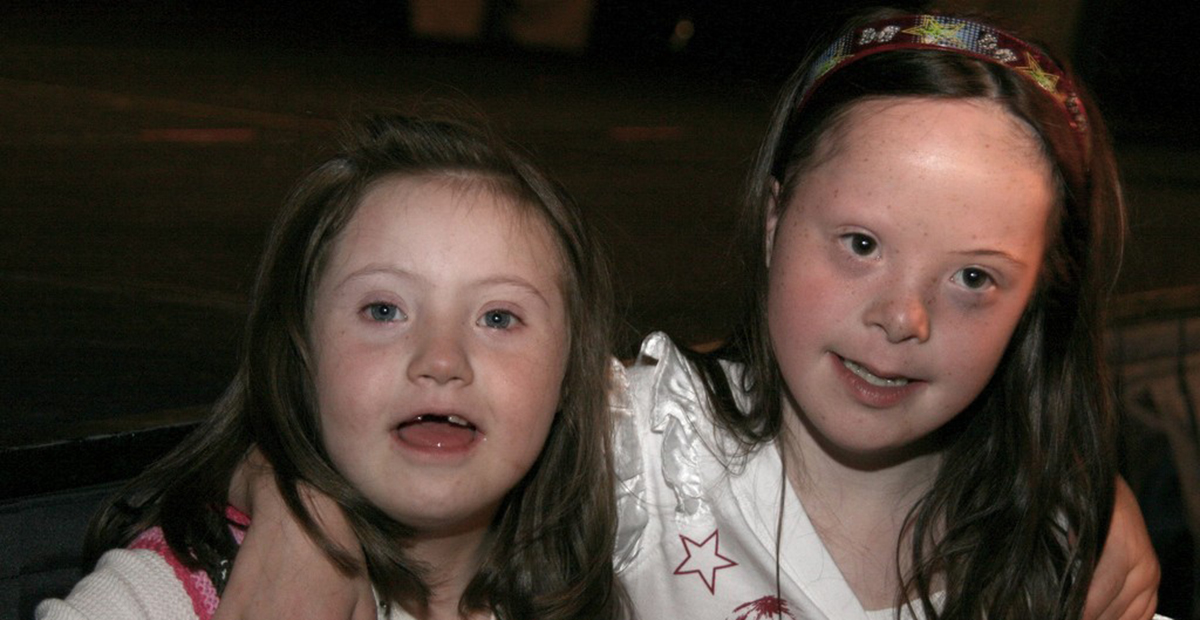Table of Contents
With an extra copy of chromosome 21, people with Down syndrome face physical and developmental challenges. Medical researchers know Down syndrome is caused by an extra chromosome, but it is not known what other issues play a role in how and why the condition develops. Women that are older than 35 years of age when they become pregnant are more likely to have a child born with Down syndrome. However, there is no definitive research which indicates that Down syndrome is caused by environmental factors or the activities of the parents before or during pregnancy.

Does Down syndrome run in families?
All three types of Down syndrome are genetic conditions, but only a small portion of all cases can be contributed to a family link.
The age of the mother does not play a factor in the risk of Trisomy 21. Most instances of Down syndrome are spontaneous and happen by chance.
How is Down syndrome diagnosed?
The American College of Obstetrics and Gynecologists recommends the option of screening and testing for Down syndrome for all pregnant women, no matter what the age. Screening tests can show the likelihood that a woman is carrying a baby with Down syndrome. Diagnostic testing can show if a baby has Down syndrome. Amniocentesis, blood tests, ultrasound and chorionic villus sampling and DNA testing are all can examine genetic markers and physical characteristics which are indicative of an infant having Down syndrome.
What types of health problems are present among children with Down syndrome?
Some health issues among people with Down syndrome are more common than with the general population. The following health conditions are higher among people with Down syndrome:
- Infections: Respiratory infections are more common in those with Down syndrome, particularly during the first five years of life People with Down syndrome may have an increased chance of infections because their immune system may not be normally developed.
- Leukemia: People with Down syndrome have a 10-20% higher risk of developing leukemia.
- Obstructive sleep apnea: This is a condition in which a person’s breathing is temporarily shuts down while sleeping.
- Eye diseases: Children with Down syndrome are more likely to have cataracts and other eye conditions which require prescription eyeglasses.
- Hearing: A large number of children with Down syndrome experience hearing loss, sometimes to a severe extent. Mild hearing loss can lead to speech and language difficulties.
- Heart defects: Some children with Down syndrome are born with congenital heart defects.
See Also: New Findings Give Hope For Down's Syndrome Patients
Prognosis
Down syndrome is a lifelong condition and diagnosing it early is the key to helping babies and children improve their physical and intellectual capabilities.
Many people who have Down syndrome lead a productive life, hold a job and live independently. By celebrating Down syndrome awareness, it can help everyone gain insight into the condition and provide people with an understanding they may not have had before.
- Photo courtesy of Rebecca Wilson by Flickr : www.flickr.com/photos/saucysalad/5997934297
- Photo courtesy of Annika Leigh by Flickr : www.flickr.com/photos/annikaleigh/3049524340


Your thoughts on this